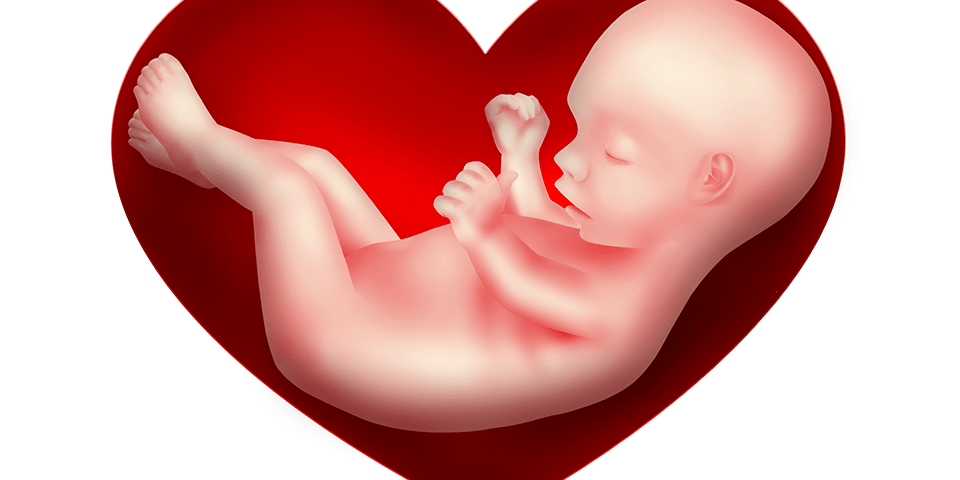Changes in heart rate due to low oxygen conditions experienced by the foetus during pregnancy could be used to predict the future heart health of babies, says research recently published in The Journal of Physiology.
Previous research has shown that sustained low levels of oxygen, known as chronic hypoxia, during pregnancy significantly impair the growth of the foetus, leading to intrauterine growth restriction. Chronic hypoxia during pregnancy can also impair the development of key organs, imposing consequences for lifetime health risks such as an increased heart disease risk.
The main causes of low oxygen during foetal development are complications with the placenta. Researchers at the University of Cambridge, UK, and the University of Washington, US, led by Dino Giussani and Martin Frasch, modelled such conditions during pregnancy by placing pregnant sheep in an environment with lower than normal oxygenation, similar to experiencing high altitude. They then looked at the foetal heart separated from any influences of the rest of the body as a means to see if the heart showed any sign of “remembering” the effects of lower than normal oxygen experienced in the womb.
This was determined through heart rate variability, which refers to changes in heart rate. Analysis of the patterns of these changes indicated if the hearts of the foetuses had been impacted long term.
This research may have important clinical implications in that babies from complicated pregnancies could be identified as having abnormal foetal heart rate patterns. This would enable doctors to follow their development more closely to better protect against any risk of future heart disease.








